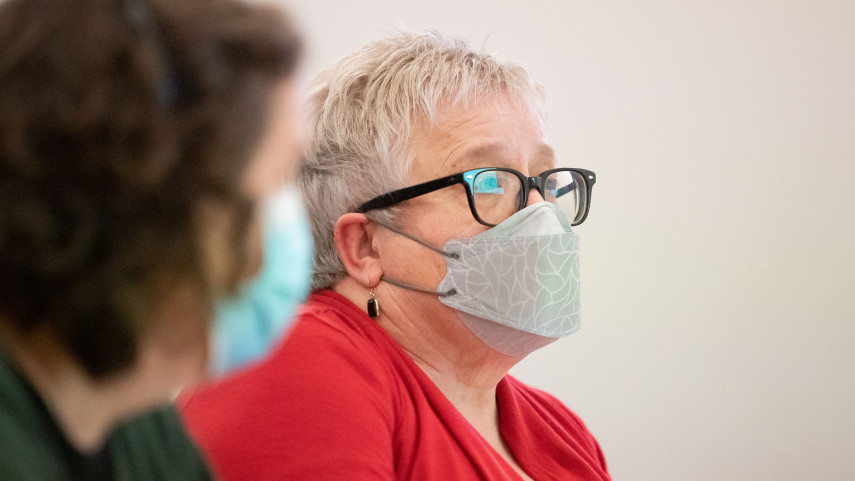
No long-term harm expected from wastewater treatment plant stench

Share this story
Although the stench of the Christchurch wastewater treatment plant is challenging nearby residents, Canterbury’s Medical Officer of Health says it’s highly unlikely they will experience any long-term harm.
At today’s Finance & Performance Committee, Dr Cheryl Brunton told Councillors that while the current hydrogen sulphide levels emitted from the struggling oxidation ponds are affecting residents’ health and wellbeing, she expects these symptoms will subside as the health of the ponds improves over the coming weeks.
“We know some people are reporting nausea, headaches, eye and throat irritation, skin irritation, worsening asthma and sleep disturbance to their family doctor,” Dr Brunton says.
“These effects are consistent with what we’d expect as a result of the measured concentrations of hydrogen sulphide at the sites monitored.
“However, it’s highly unlikely there’ll be any longer-term health issues arising from this situation at the levels we’re currently seeing. As unpleasant as it currently is, hydrogen sulphide is a gas that doesn’t accumulate in the body.
“We know there’s also been an effect on people’s wellbeing, including considerable distress, frustration and a sense of powerlessness.”
Dr Brunton also explained that establishing a health register will not be a suitable way of monitoring the health impacts of the community.
“We sought advice and considered a range of ways that this could be done, but setting up and maintaining a health register is very complex and it doesn’t directly address people’s health needs.
“This is complicated further by the fact that we don’t know who’s been exposed, there’s likely to be under-reporting of the number of people with symptoms, and any reported health effects need to be interpreted in the context of the population’s baseline health status.
“We also have a perfect storm with Covid and influenza now circulating in the community. This means it’s difficult to ascertain what health impacts are directly related to what’s happening at the wastewater treatment plant,” Dr Brunton says.
“There are other ways that health concerns can be recorded,” Dr Brunton says. “One of the most important things people can do is see their GP. Their health records do follow people and are one of the best sources of information in the future.”
For more information and to stay updated on the ongoing recovery work at the Christchurch wastewater treatment plant, visit ccc.govt.nz/wastewaterfire.
